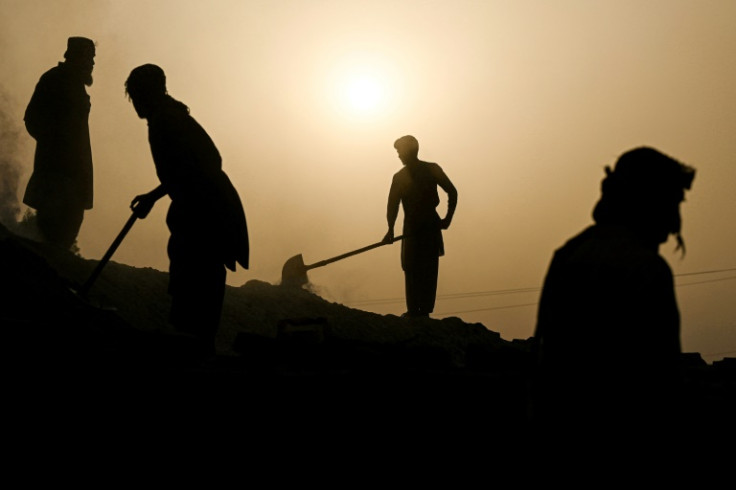
Florida has been under the spotlight after Governor Ron DeSantis signed a bill preventing local authorities from passing legislation protecting workers against extreme heat.
The law, supported by business organizations and opposed by labor and environmental ones as well as Democrats, also prompted a broader conversation about what the standards are in the rest of the country.
An analysis by Bloomberg Law showed that Florida has joined Texas in passing such a measure, the two being the only states to do so. Texas passed a sweeping law in 2023, which critics have called the "death star" law as it includes bans on workplace standards such as construction worker rest breaks.
This legislative pattern reflects a familiar dynamic, the outlet explains, where red-state lawmakers counter new workplace requirements proliferating among Democratic-majority jurisdictions.
In contrast, six others have passed protections for workers. They are California, Nevada, Oregon, Washington, Minnesota and Colorado. Maryland is also working on heat safety standards, seeking to become the first state in the East Coast to pass such a measure.
At the federal level, the US Occupational Safety and Health Administration (OSHA) is in the process of developing a federal rule addressing indoor and outdoor heat stress. However, a definitive timeline for its finalization remains unclear.
At a more local level, Phoenix recently implemented a heat protection standard, mandating city contractors to provide amenities like cool water and shaded or air-conditioned rest areas for outdoor workers. This move came in response to the city experiencing numerous days with temperatures exceeding 110 degrees Fahrenheit in 2023.
Similar legislation addressing heat safety has been proposed in states like Massachusetts, New Jersey, and New York, indicating a growing recognition of the issue nationwide.
Advocates of preemption argue that allowing numerous local regulations could create confusion for businesses, particularly in industries like construction. They emphasize adherence to existing federal regulations, such as those outlined by OSHA, as sufficient for ensuring worker safety.
Critics, in turn, contend that blocking local ordinances hampers efforts to tailor regulations to specific community needs, particularly in areas prone to extreme heat like Miami. They argue that existing federal standards may not adequately address localized concerns.
Oscar Londoño, co-executive director of labor organization WeCount, told The Hill that Florida's law is "extremist" and supported by "industry lobbyists in agriculture and construction who care more about their profits than the lives of the workers who make these profits possible."
"Without water, without rests, without shade, the body of a worker—it resents it," Lupe Gonzalo, who used to pick tomatoes during the summer, told NPR. About two million people work outdoors in Florida, usually under trying conditions that are set to exacerbate as a result of climate change.
At a global level, 2024's was the hottest March in recorded history, setting a record for the 10th consecutive month.
The Tampa Bay Times reported that more than 90 organizations opposed the measure, including the the Farmworker Association of Florida and the NAACP Florida State Conference, which sent letters to the governor seeking a veto.
Florida has recorded 215 deaths directly caused by heat between 2010 and 2020, but experts said the number is probably higher as they don't include existing conditions exacerbated by heat nor cases involving noncitizens, many of whom work in the agricultural sector.
© 2024 Latin Times. All rights reserved. Do not reproduce without permission.







